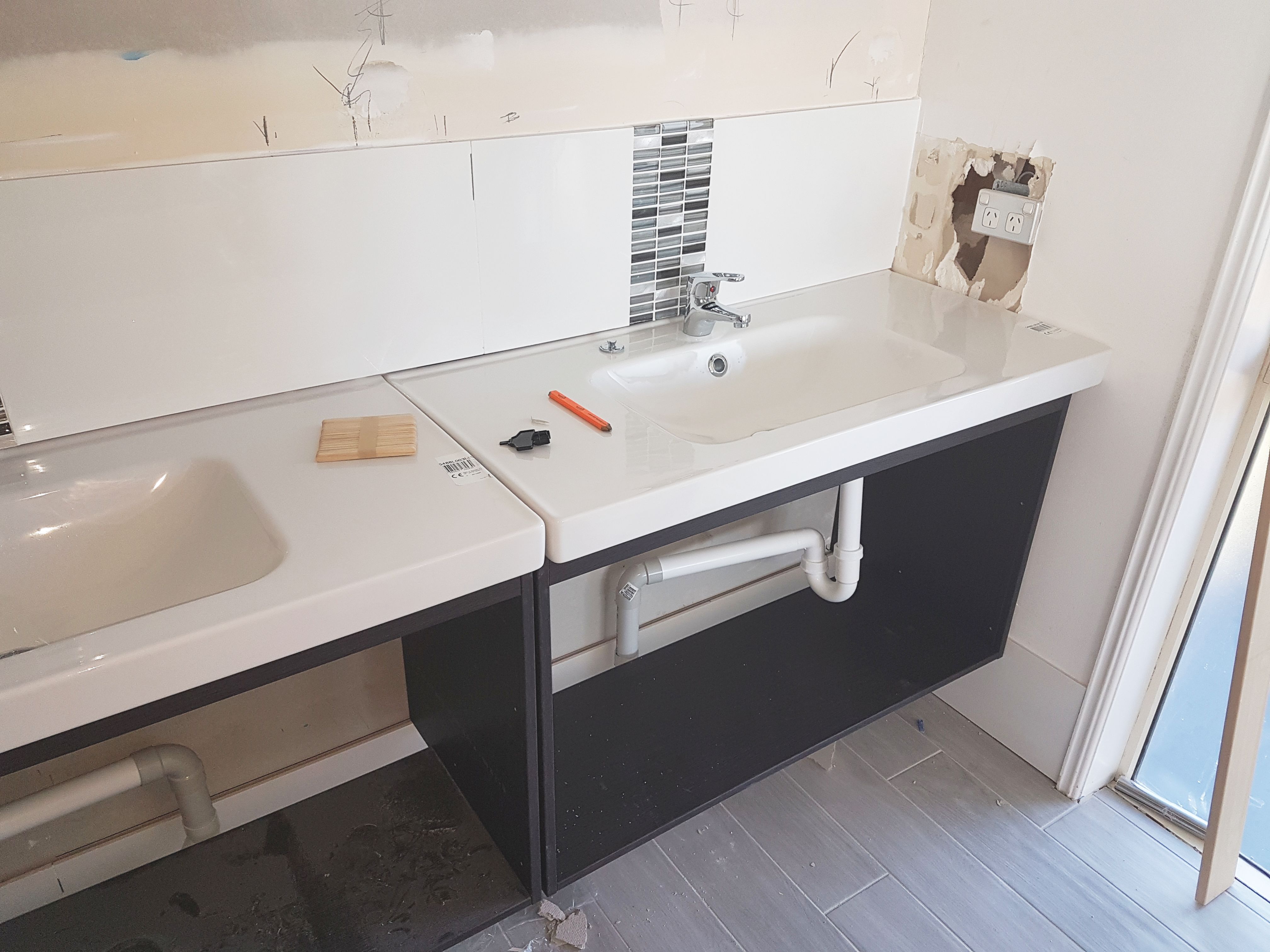Top Tips To Keep Your Bathroom Sparkling Clean
- Written by News Co

There’s nothing more relaxing than having a lovely hot shower, or luxurious bath in a beautiful, calming bathroom.
However, bathrooms are very high traffic areas, and can quickly become dirty, and your relaxing bath won’t have quite the same positive effects on your wellbeing if the bathroom is grubby and cluttered.
However, cleaning a bathroom can feel like a mammoth task, but it needn’t be that way.
Let’s have a look at tips that will help you keep your bathroom as clean as possible.
Tips For Cleaning Your Bath
It is easy, once you have had a long, relaxing soak in the bath, to just go straight to bed, but it is always important to rinse down the bath once the water has emptied out.
This isn’t to say that the bath needs a full clean, but a rinse will help to wash away any lingering bath products, and hopefully stop any staining on the bath material.
Clean the bath fully once a week, with products suited to the type of bath you have. A fibreglass bath can usually be cleaned with an all purpose cleaner, but enamel baths need to be treated more carefully, and only cleaned with products that are specifically made for that type of material.
Limescale cleaner can be used around the taps and plug hole, again make sure the products are suited to your bath.
Some older baths may get rust spots, and these can again be cleaned with an appropriate cleaner. If you have a very old bath, it may be worth consulting a professional who can advise you in the best way to look after it.
Spa baths are a little more difficult to clean, as you cannot easily access behind the water jets, and the pipes underneath the outer layer. Therefore, it is even more important that these types of baths are cleaned regularly with a suitable disinfectant. The disinfectant will have instructions, it normally involves filling the bath and adding the disinfectant and putting it into spa mode for a set amount of time.
Tips For Cleaning The Grout
Bathrooms are a moist environment, and can encourage the growth of mold, which is generally attached to grout or sealant.
There are cleaning sprays available that are specifically targeted at killing mold spores, so these can be used on grout, and should be cleaned regularly to ensure it does not come back.
Over time, grout can become discolored, particularly if there is not a regularly cleaning routine in place. Turning dark grout white can be achieved relatively easily these days, either with a cleaning product, or with a product that is designed to bring back the white colour.
If these don’t work, you may need to consider regrouting the area, and it is worth consulting a professional for this, and all your tiling needs.
Tips For Cleaning Your Shower Curtain
Shower curtains can easily become covered in mildew if they are not looked after properly. Shower curtains that are made from nylon are often machine washable, so wash them at a minimum of once a month, to stop the build up, and in between washes, make sure they are pulled out so that mildew doesn’t grow in the folds.
Not all shower curtains are machine washable however, so those that aren’t should be soaked in a bucket of warm water with some washing detergent in, should get rid of any mildew.
Some shower curtains are beyond saving, however. If they are too heavily stained, it may be best to recycle them, and start with a fresh one.
Glass shower screens can be cleaned with a bathroom glass cleaner, or a vinegar and water solution.
Spray down the entire shower after each use with a shower spray that stops the build up of limescale.
Tips For Cleaning Toilet Brushes
Toilet brushes are a necessity that we don’t like to clean. Once they have been used to do their job, they often are left sitting without being cleaned, which is a health hazard.
Once a week, or more often as needed, put some bleach in the toilet water, and put the brush in for five to ten minutes.
The container that the brush is usually housed in, should be cleaned with hot water that has had some dish soap added. Flush that down the toilet, and fill it again with hot water with a small amount of bleach, and let it sit before flushing.
Hopefully these tips have been helpful, you’ll be on your way to having a sparkling bathroom in no time!

